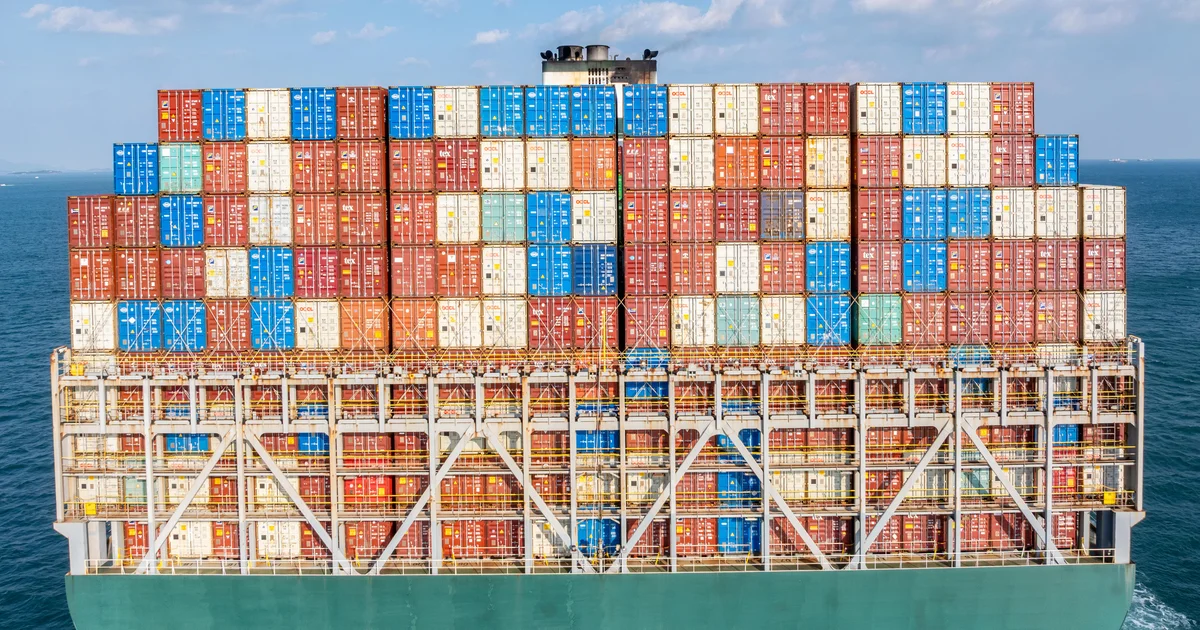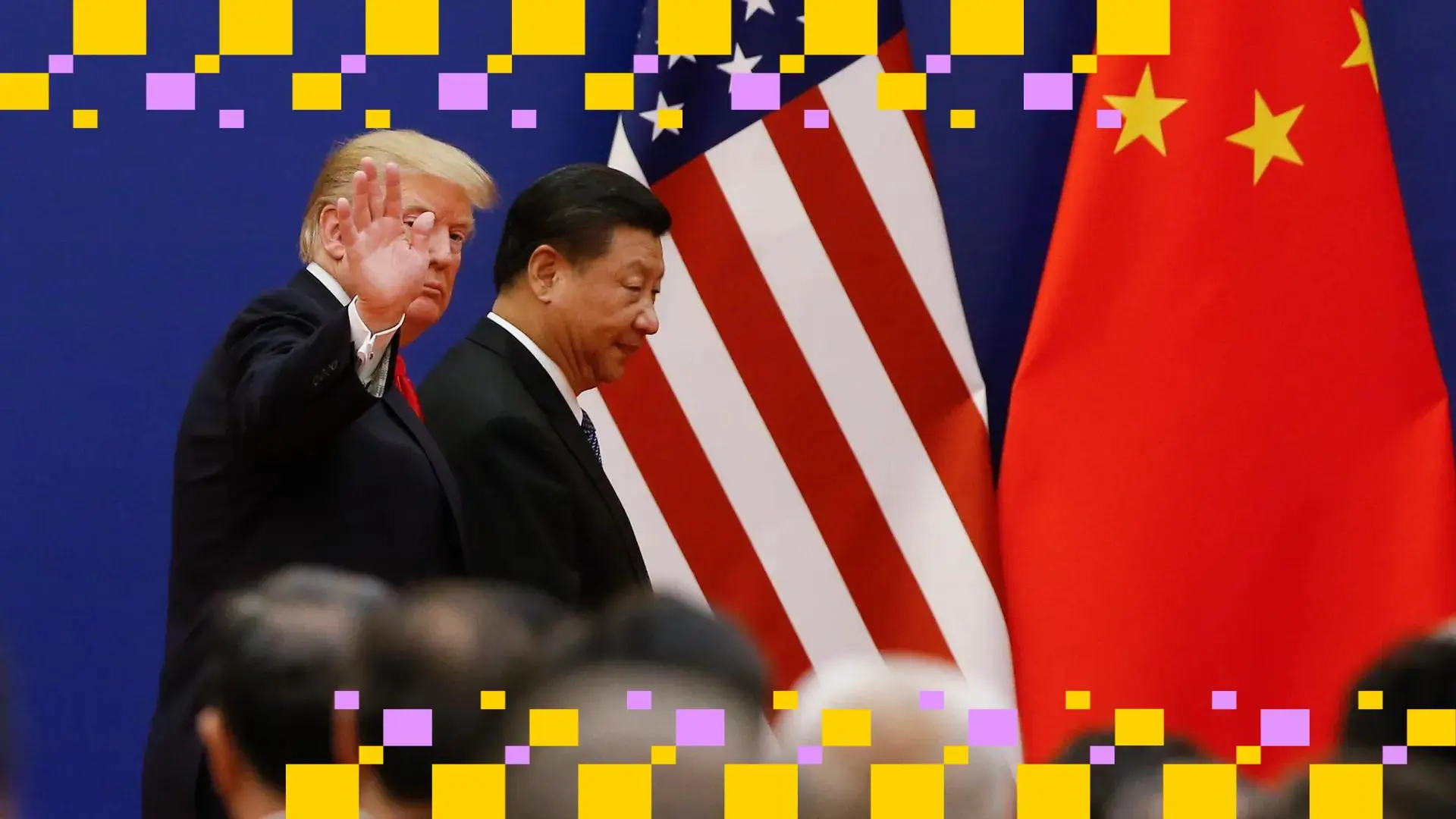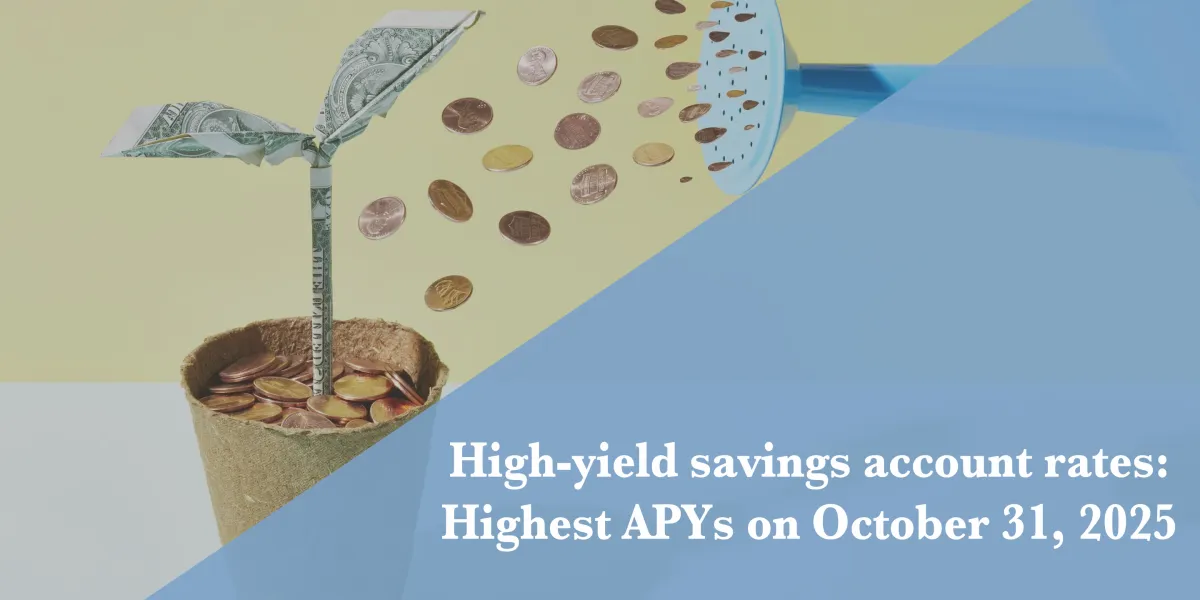Copyright CBS News

High tariffs on America's trading partners are likely to remain in place even if the Supreme Court rules that President Trump improperly invoked federal emergency powers to impose the levies, according to trade experts. In a hearing on Wednesday, several of the high court justices appeared skeptical of Mr. Trump's use of the 1977 International Emergency Economic Powers Act (IEEPA) to implement sweeping tariffs on nearly every country. Trump administration officials say the policies are needed to reduce the nation's trade deficit and spur domestic manufacturing. Ted Murphy, co-leader of the global arbitration, trade and advocacy practice at law firm Sidley Austin, said Mr. Trump is unlikely to abandon tariffs, noting that the president has other legal tools at his disposal to maintain sharply higher duties on imports. "Our view is that even if the Supreme Court were to strike down the IEEPA tariffs going forward, the result won't be any different," Murphy said. "The U.S. will be living in a higher tariff rate environment going forward — it just might be under different tariff authorities." Other statutes the Trump administration could lean on to impose broad tariffs instead of IEEPA include Section 232 of the Trade Expansion Act of 1962, which allows the president to impose duties on trade partners to protect national security. Mr. Trump could also draw on Section 301 of the Trade Act of 1974, under which the Department of Commerce would need to investigate whether foreign trade partners engage in any unfair trade practices. Still, a Supreme Court ruling against Mr. Trump would represent a blow to his economic agenda. Murphy noted that the process for implementing Section 232 and 301 tariffs, which Mr. Trump applied to imports such as steel and aluminum during his first term as president, is more limiting and cumbersome than the broad authority granted under IEEPA. "Section 232 and 301 are the most obvious directions for the administration to turn, but they'd likely take months to conclude, rather than weeks," added Patrick Childress, an international trade attorney at Holland & Knight. Potential tariff refunds An adverse ruling for Mr. Trump could require the U.S. government to offer billions of dollars in refunds to businesses. Through August, importers had paid a total of nearly $89 billion in IEEPA tariffs, according to U.S. Customs and Border Protection data. Said Rick Woldenberg, CEO of toy company Learning Resources, a plaintiff in the IEEPA case before the Supreme Court, "I definitely want my money back," adding that the "government has chosen to hit us with a massive tax." The U.S. has an average tariff rate of 18%, the highest tax on foreign goods since 1934, according to the Yale Budget Lab. Although a ruling against Mr. Trump's use of IEEPA could lead to a refund for businesses, it could also sow more uncertainty, Grace Zwemmer, associate economist at Oxford Economics, told CBS News. "It would be unlikely to significantly alter where we see tariffs ending up in our forecast, and the economic implications," she said. "It is only going to lead to heightened uncertainty regarding trade policy, so it might have a lagged impact on hiring and business investment, similar to what we saw earlier this year." The White House did not respond to a request for comment on whether Mr. Trump would turn to other laws as an avenue for imposing tariffs if the Supreme Court rules against him on using IEEPA. U.S. Secretary of the Treasury Scott Bessent on Wednesday told Fox Business that he's optimistic that the court will rule in Mr. Trump's favor. "I'm confident that the President's emergency powers…we did have emergencies, the President has dealt with them. He's continuing to deal with them," he said. Experts expect a ruling in the case early next year.



